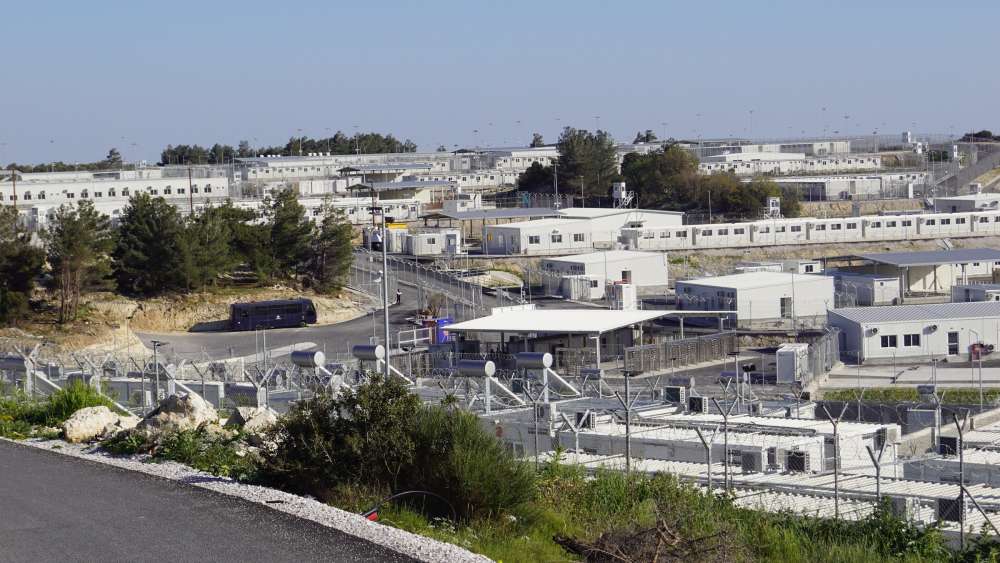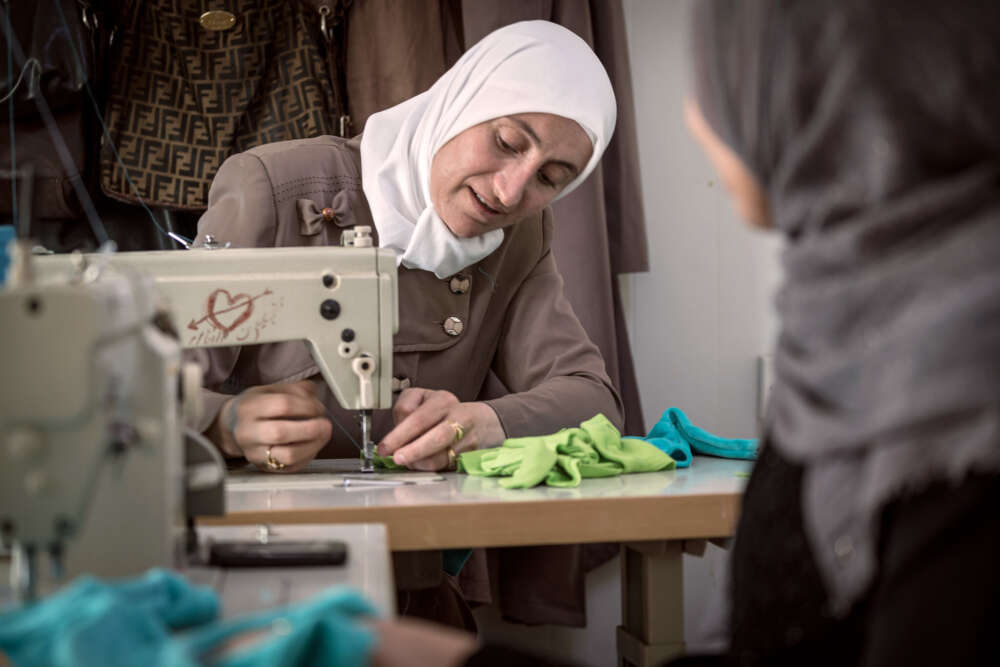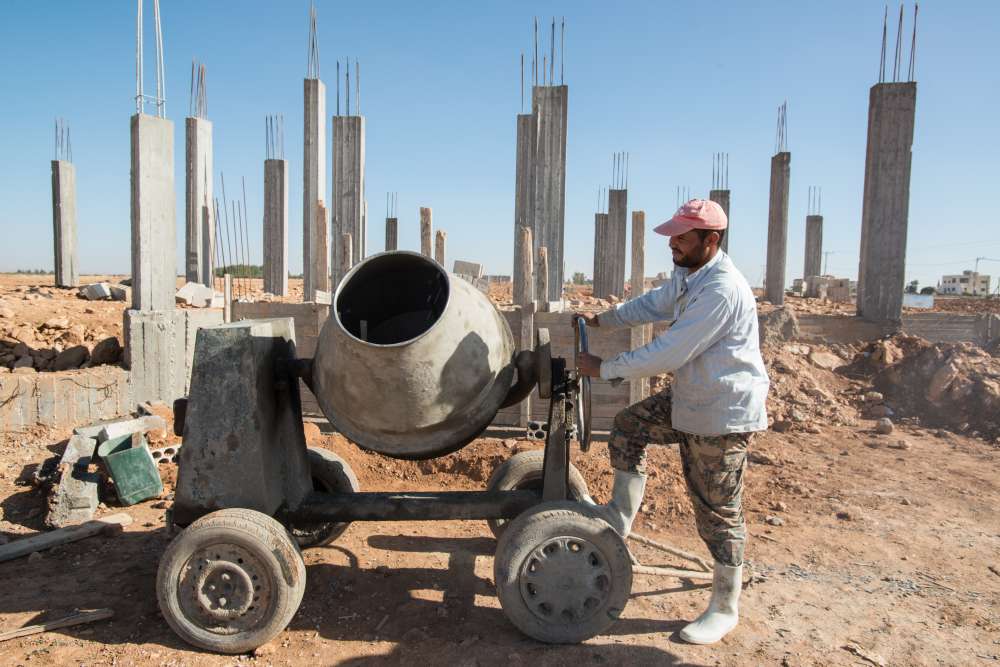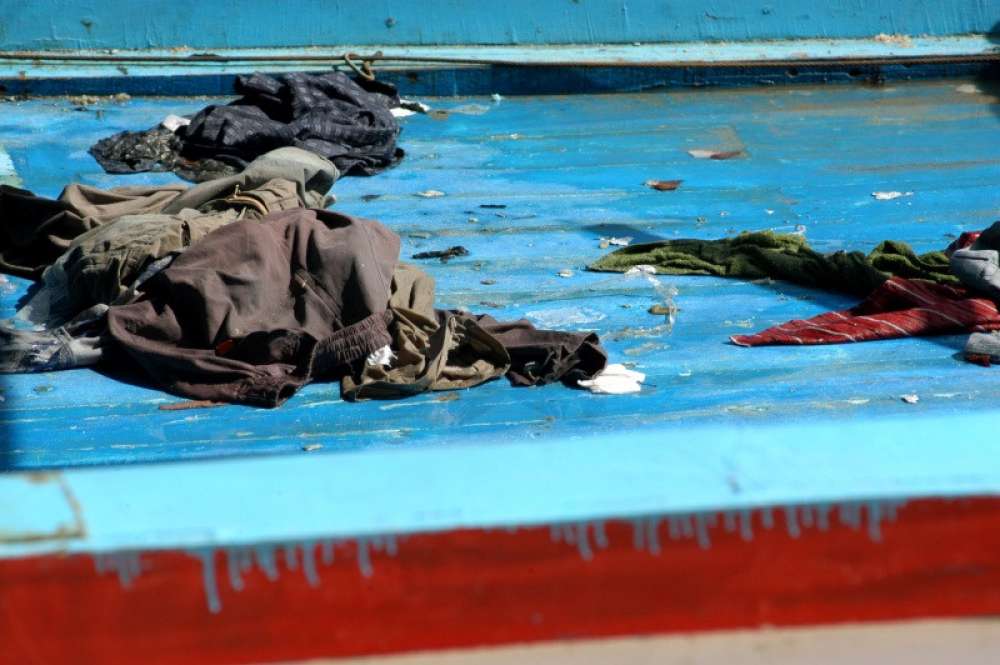No Turning Back
Greece and the EU-Turkey Statement Seven Years On

What Is the Matter?
Seven years after the Statement between the European Union and Türkiye on the admission and return of Syrians arriving in Greece, the EU, Türkiye and Greece are still negotiating how to renew their cooperation on migration. The Statement continues to serve as a blueprint, despite the fact that the cooperation framework with Türkiye only existed for a brief moment. In Greece, meanwhile, the Statement has reshaped the asylum system into a laboratory of restrictive approaches characterized by decreasing compliance with EU minimum standards, and missing oversight and accountability.
What Should Be Done?
We show that Greek domestic policy actors have been most important in implementing current policies. However, European Union institutions (the Justice and Home Affairs Council and the European Council, but especially the European Commission and the EU Agency for Asylum) have played a significant role in encouraging, facilitating and financing policy changes.
Domestic politics in Greece make drastically altering migration policy unrealistic in the short term. However, even under current circumstances in the short term, policies could be more transparent and more could be done to foster accountability.
This should include the following:
- Increase transparency about the role of EU agencies in facilitating the implementation of different aspects of the Statement, particularly the EU Asylum Agency;
- Increase transparency and oversight of the Task Force Migration Management;
- Identify and communicate possible infringements of EU law by Greece, based on communications the Commission received in 2022;
- Address the needs of people who have been rejected and remain in limbo in Greece, as well as their access to asylum;
- Conduct an independent, rights-based evaluation of the implementation of the Statement in Greece;
- The new Asylum Procedures regulation – currently being negotiated between the Council and the EU Parliament – should clarify the consequences of failed return for access to the asylum procedure.
Download the full policy paper.
This policy paper is part of the project ASILE: Global Asylum Governance and the EU’s Role. Funding for this project is provided by the EU’s Horizon 2020 program. For more information on the ASILE project, visit the consortium website.







